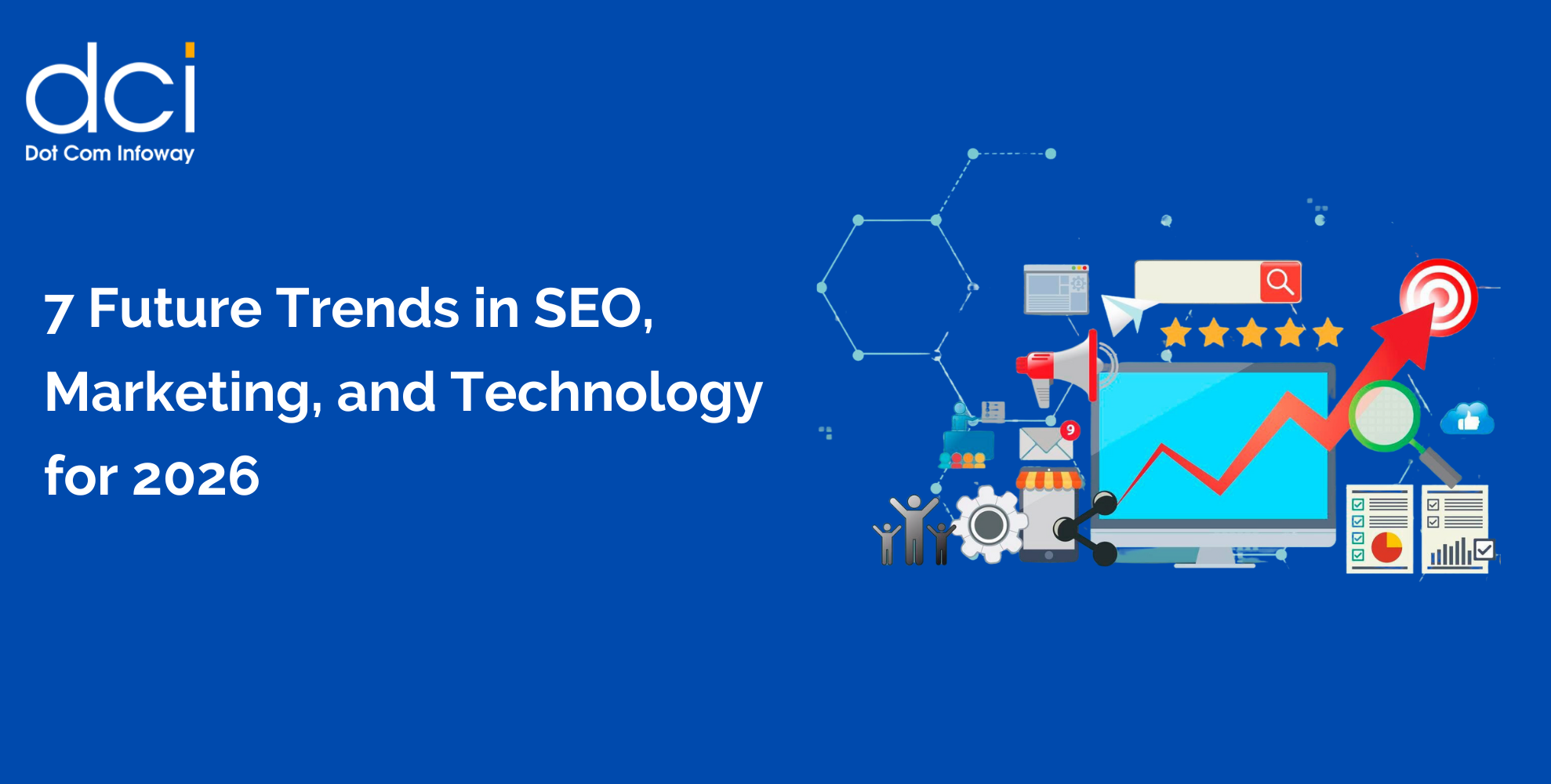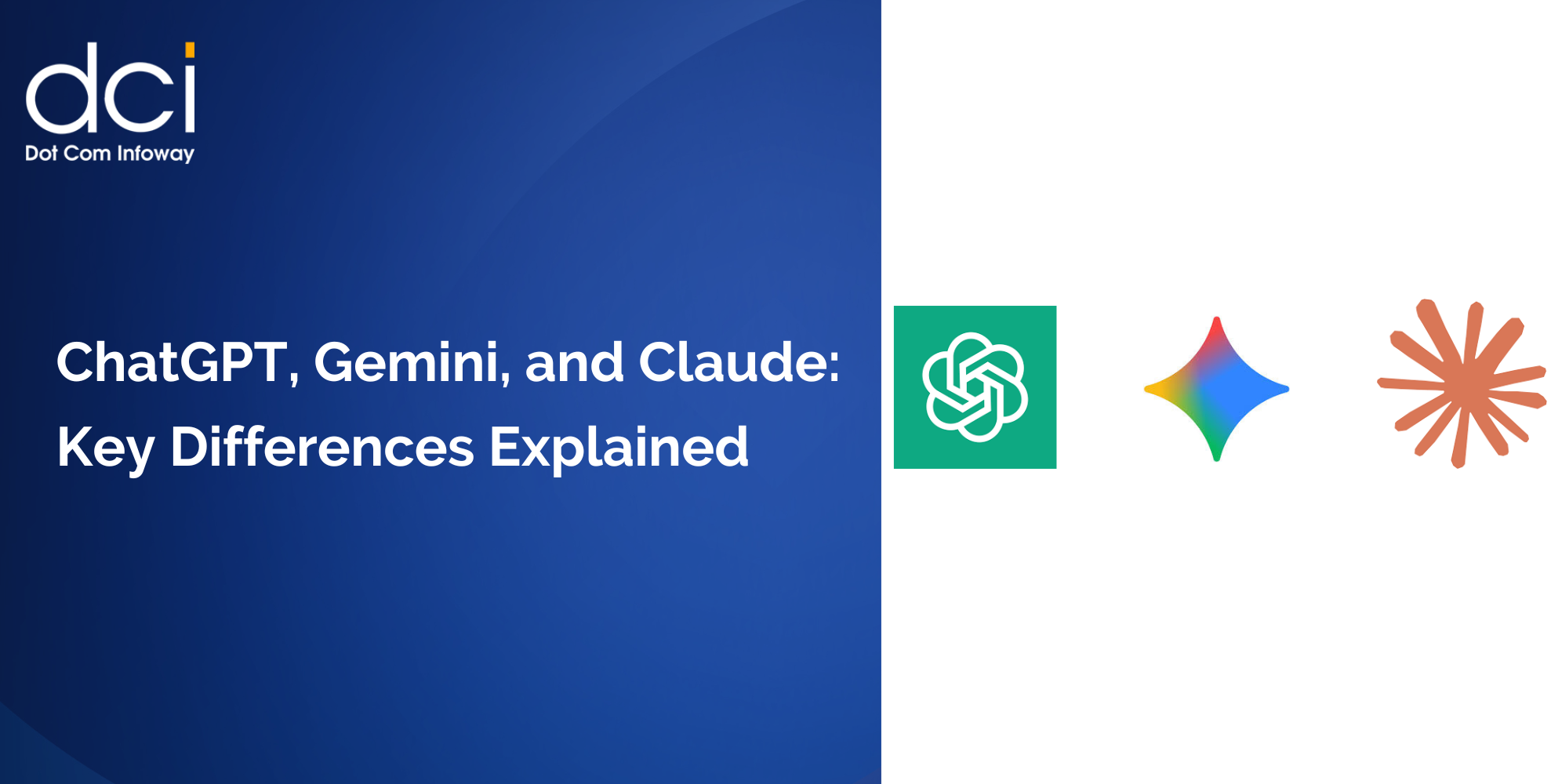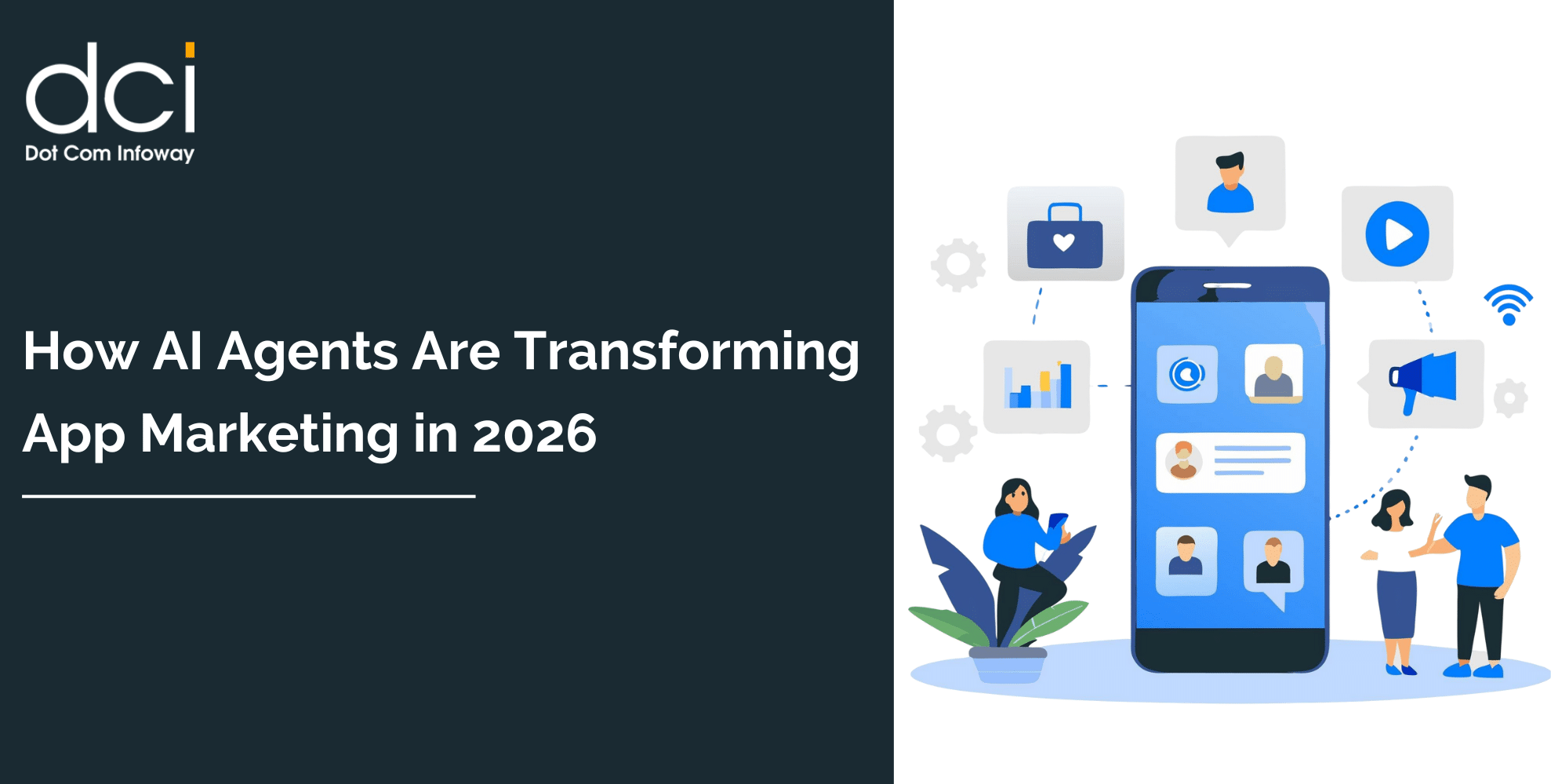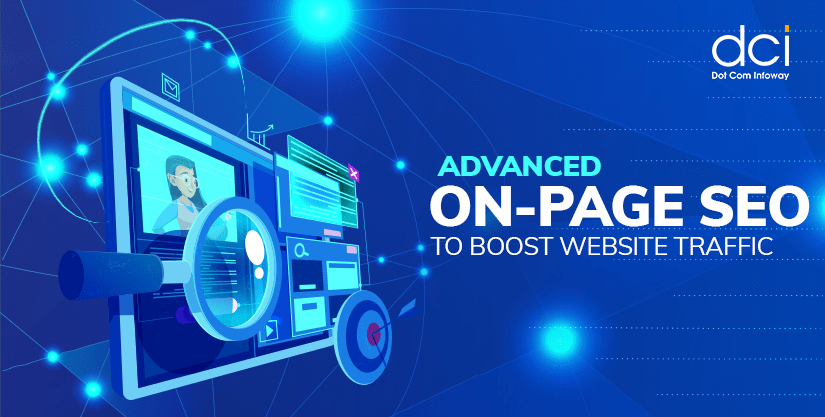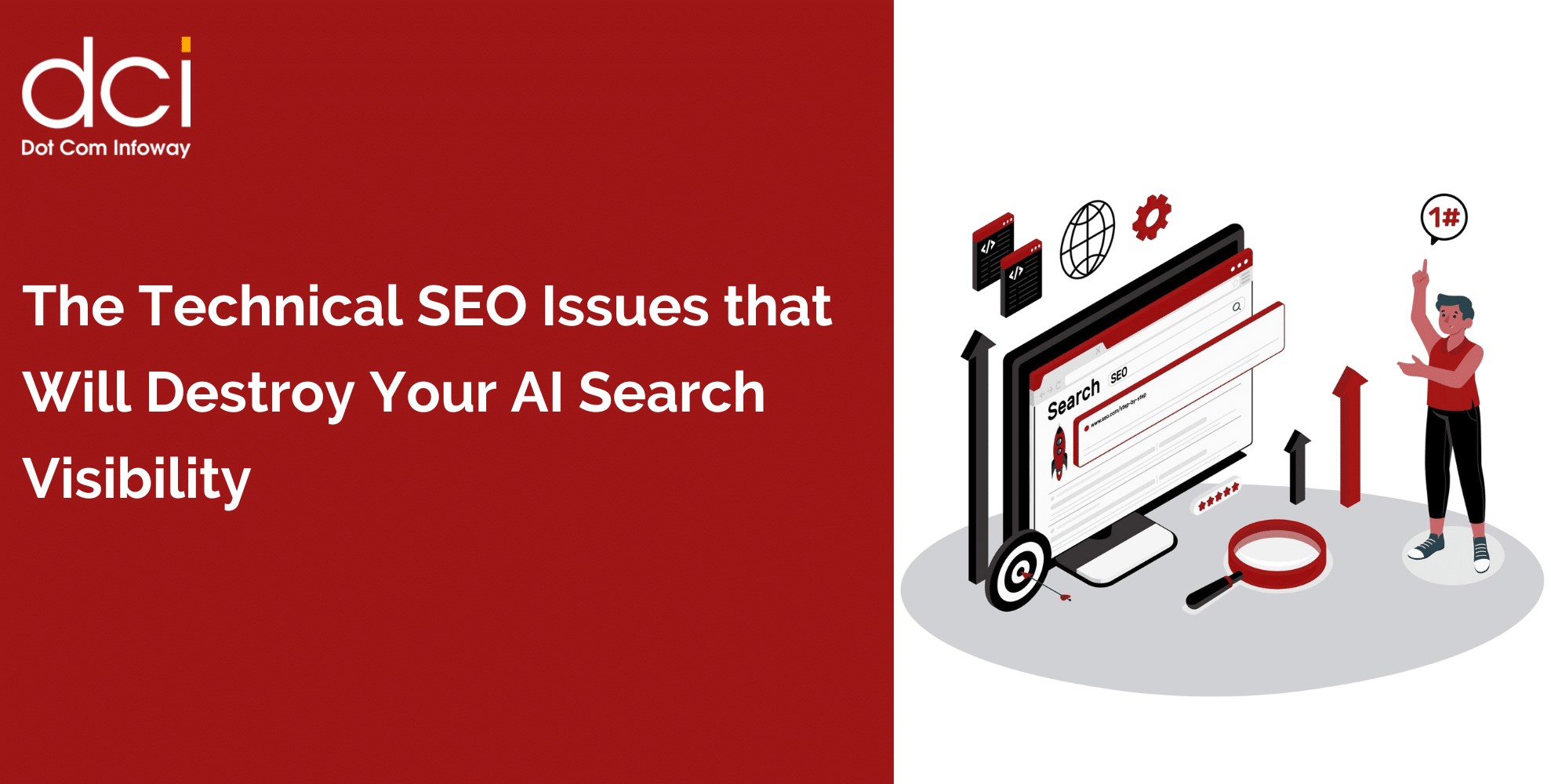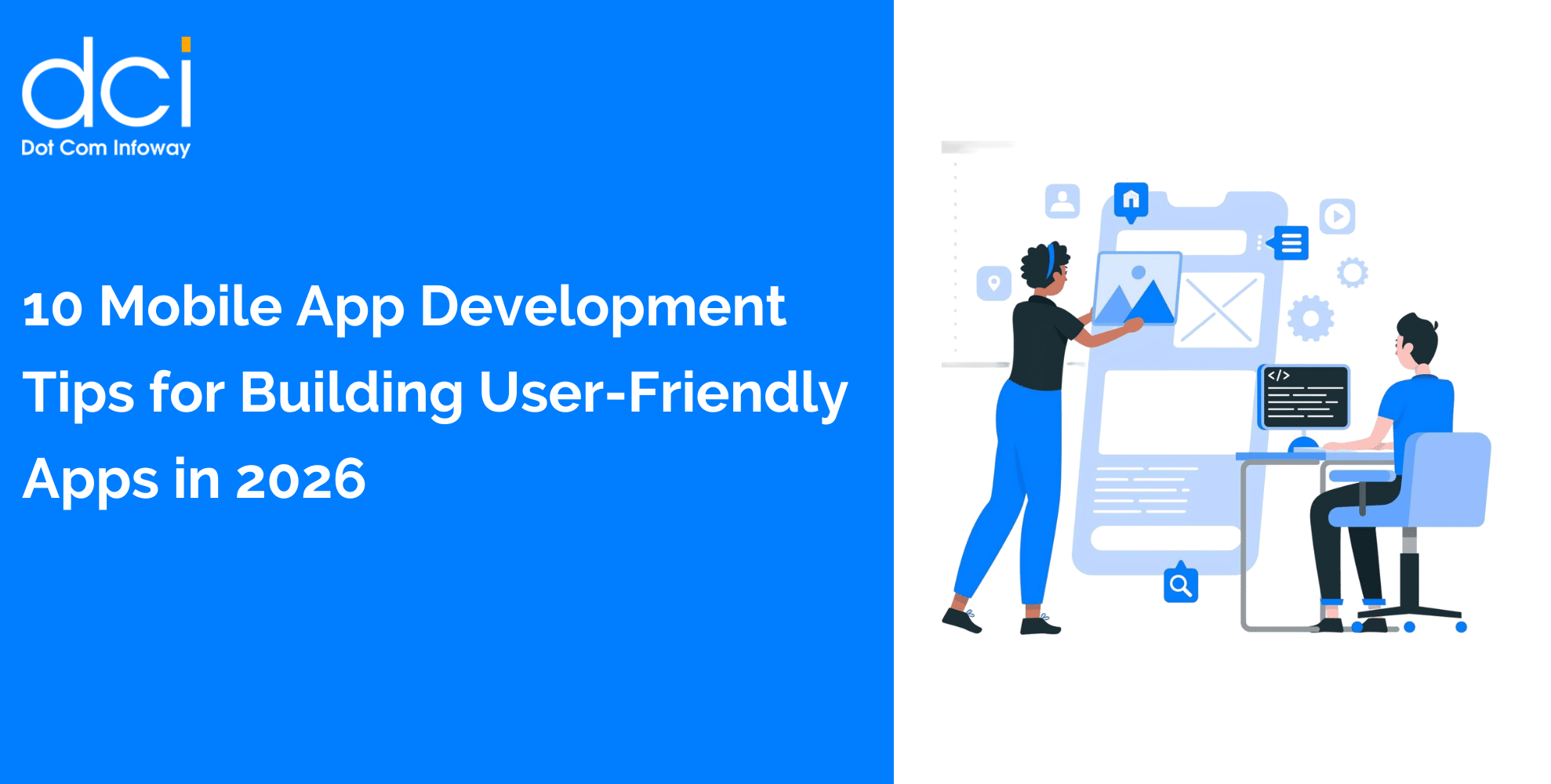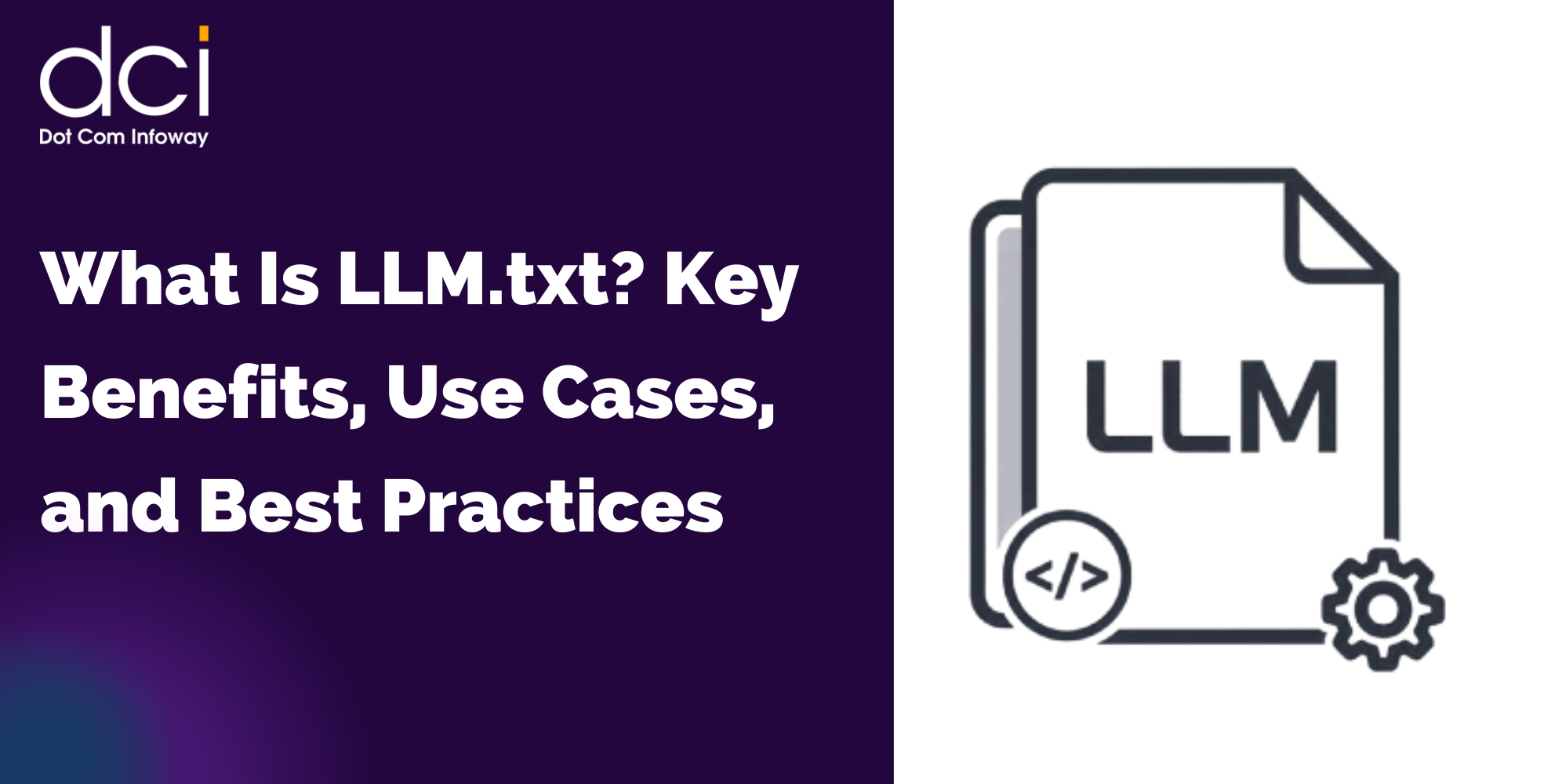In the rapidly evolving digital landscape, traditional SEO strategies are being overshadowed by the rise of AI-powered search engines. Platforms like ChatGPT, Gemini, Perplexity, and DeepSeek are transforming how users access information, making it imperative for businesses to adapt their SEO practices. Dot Com Infoway, a leading digital marketing agency, has successfully navigated this shift by implementing cutting-edge strategies tailored for AI-driven search platforms. This article delves into how Dot Com Infoway achieved top rankings in AI-powered search engines and offers insights into optimizing content for these emerging platforms.
How Dot Com Infoway Achieved Top Rankings in AI-Powered Search Engines
6 mins read
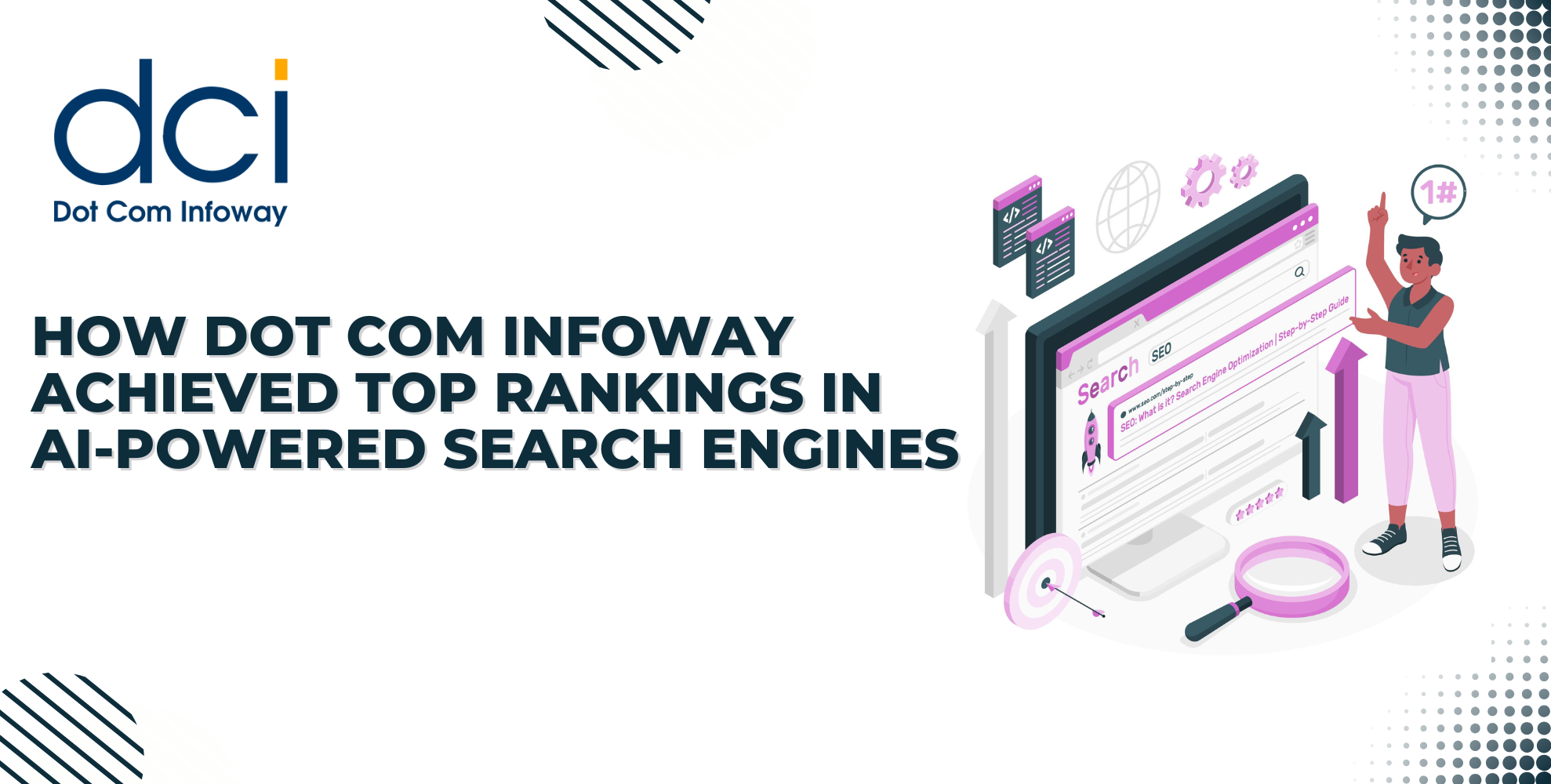
Understanding the Shift to AI-Powered Search Engines
The advent of AI-powered search engines marks a significant departure from traditional keyword-based search methodologies. These platforms utilize advanced algorithms and natural language processing to understand user intent, context, and semantics. Unlike conventional search engines that rely heavily on keyword matching, AI-powered engines prioritize content relevance, conversational tone, and contextual accuracy.
Dot Com Infoway recognized this paradigm shift early and began tailoring their SEO strategies to align with the evolving search landscape. By focusing on creating content that resonates with AI algorithms, they positioned themselves to capitalize on the growing trend of AI-driven search.
The Role of LLM SEO in AI Search Rankings
Large Language Model (LLM) SEO is a specialized approach designed to optimize content for AI-powered search engines. Unlike traditional SEO, which emphasizes keyword density and backlinks, LLM SEO focuses on content clarity, contextual depth, and semantic relevance. This approach ensures that content is not only discoverable by AI algorithms but also deemed authoritative and relevant.
Dot Com Infoway’s adoption of LLM SEO involved several key strategies:
- Conversational Content Creation: Crafting content that mirrors natural language and addresses user queries comprehensively.
- Semantic Keyword Integration: Utilizing a diverse range of related terms to enhance content relevance.
- Structured Data Implementation: Employing schema markup to provide AI algorithms with clear content context.
- Entity Recognition: Highlighting authoritative entities to build trust and credibility.
By integrating these practices, Dot Com Infoway ensured that their content met the criteria set by AI-powered search engines, leading to improved rankings and visibility.
Case Study: AI-Powered Emailbot
One of Dot Com Infoway’s standout projects is the AI-Powered Emailbot, developed for a large enterprise with years of accumulated email data. The goal was to create an intelligent system capable of providing contextually accurate answers to user queries by leveraging historical email interactions. This AI-powered solution eliminates the need for manual searches through extensive email archives, offering real-time, relevant responses based on past communications.
The Emailbot’s success can be attributed to several factors:
- Historical Data Integration: Processing and indexing years of email data to create a comprehensive knowledge base.
- Contextual Understanding: Ensuring the AI understood the nuances and context of past email exchanges to provide accurate responses.
- Real-Time Query Handling: Delivering instant, precise answers to user queries without delays.
- Scalability: Handling a massive volume of data and scaling efficiently to meet the demands of a large organization.
- User-Friendly Interface: Providing an intuitive interface to ensure ease of use for employees.
This project exemplifies how AI can be harnessed to enhance business operations and improve user experience.

Ready to boost your website’s rankings and online visibility?
Discover how our expert SEO services can resolve ranking issues, drive traffic, and elevate your website’s performance to the next level!
Optimizing Content for AI Search Engines
To achieve top rankings in AI-powered search engines, businesses must adapt their content strategies to meet the unique requirements of these platforms. Here are some best practices:
- Focus on User Intent: Understand the questions users are likely to ask and tailor content to provide clear, concise answers.
- Enhance Content Readability: Use a conversational tone and structure content to facilitate easy comprehension.
- Incorporate Structured Data: Implement schema markup to help AI algorithms understand the content’s context.
- Build Authoritative Links: Establish connections with reputable sources to enhance content credibility.
- Regularly Update Content: Keep content fresh and relevant to maintain visibility in search results.
By aligning content with these practices, businesses can improve their chances of ranking highly in AI-powered search engines.
The Future of AI-Powered Search and SEO
As AI technology continues to advance, the landscape of search engines will evolve further. Future AI-powered search engines are expected to:
- Understand Complex Queries: Handle multi-faceted questions and provide nuanced answers.
- Offer Personalized Results: Tailor search outcomes based on individual user preferences and behaviors.
- Integrate Multimodal Data: Incorporate text, images, and voice inputs to deliver comprehensive search results.
To stay ahead of these developments, businesses must remain agile and continuously refine their SEO strategies to align with the capabilities of emerging AI technologies.
Conclusion
Dot Com Infoway’s success in achieving top rankings in AI-powered search engines is a testament to their proactive approach and adaptability in the face of technological advancements. By embracing LLM SEO and focusing on content that aligns with AI algorithms, they have positioned themselves as leaders in the digital marketing space. As AI continues to shape the future of search, businesses that adopt similar strategies will be well-equipped to thrive in this new era.
Latest Posts
Get the latest insights from Dot Com Infoway straight to your inbox.





![The Game Marketing Guide: Pre and Post-Launch Strategies [Infographic]](https://www.dotcominfoway.com/wp-content/uploads/2023/09/DCI-Game-Marketing-blog-1.jpg)
